Want to Know If It’s True Love? Try These 10 Deep Questions
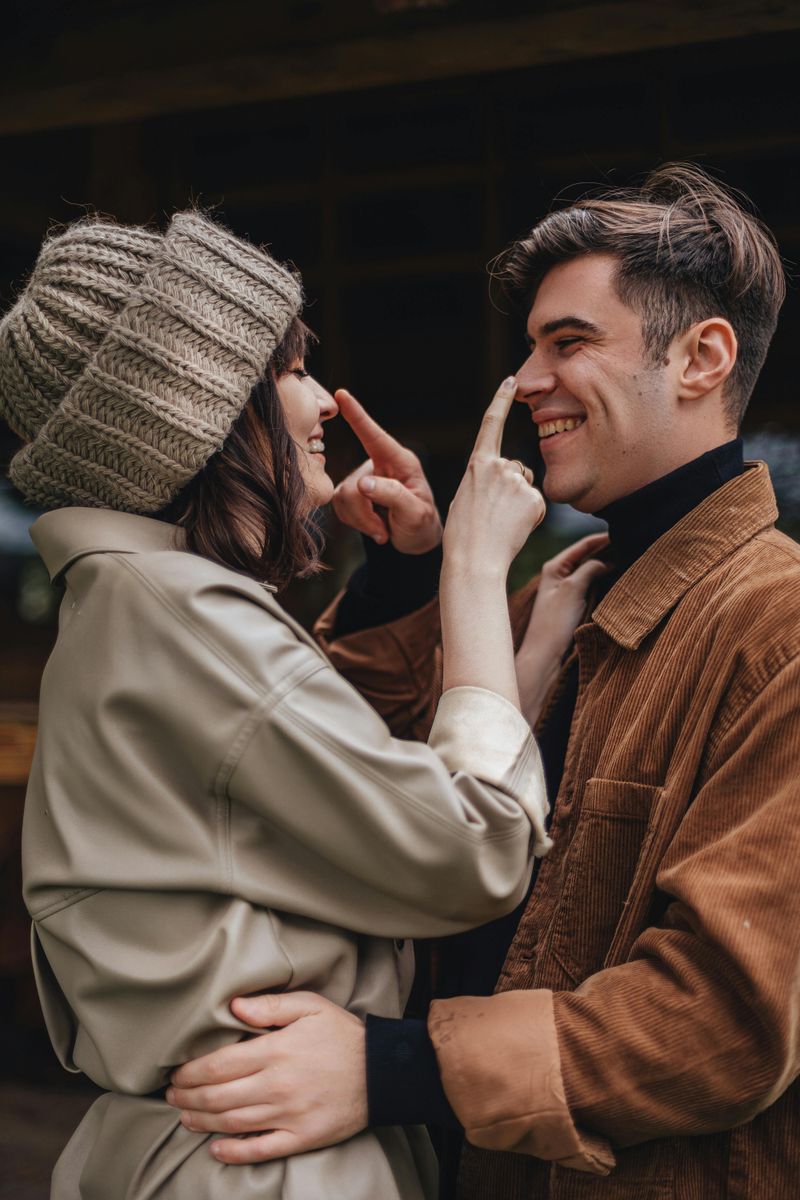
True love is more than chemistry or butterflies in your stomach. It’s about emotional intimacy, shared values, and the kind of vulnerability that only comes from feeling completely safe with another person. While every relationship is different, asking the right questions can help you and your partner uncover deeper truths about your connection.
1. What does love mean to you—and do you think we share that definition?
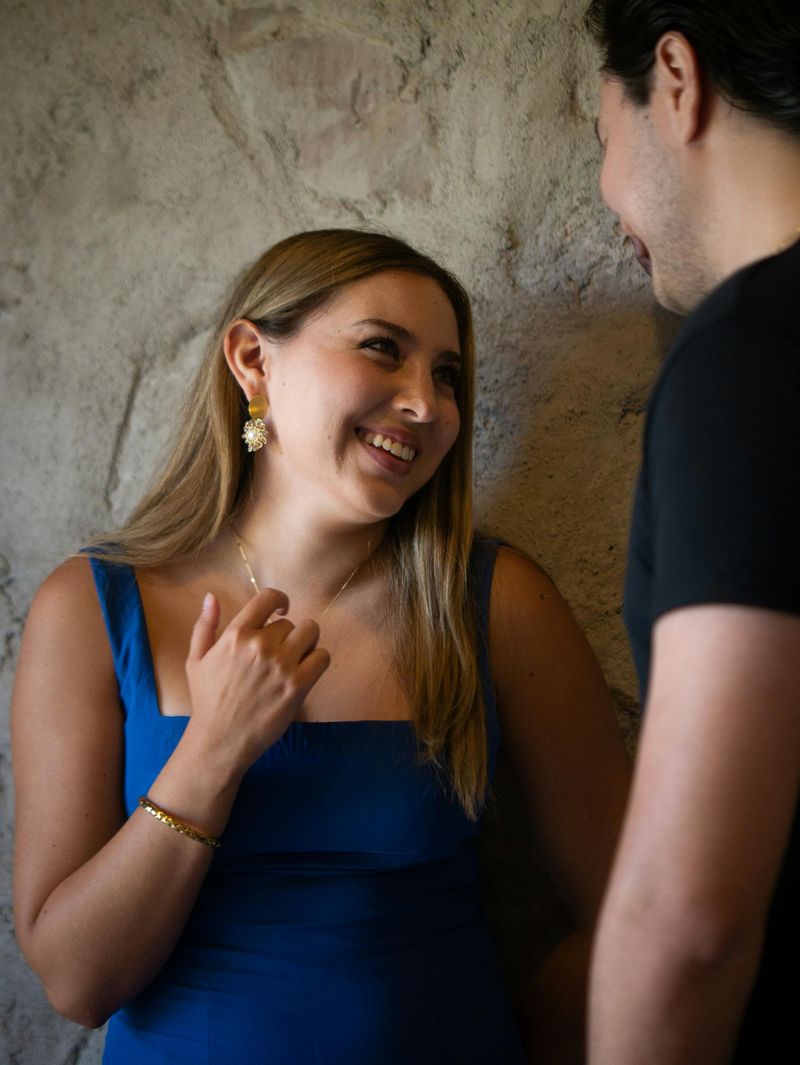
People often use the word “love” without ever stopping to define it. For some, love means security. For others, it means adventure or deep emotional support. That’s why understanding what love looks like to your partner is crucial.
When you ask this question, you’re not looking for a perfect answer—you’re looking for alignment. If your definitions of love wildly differ, that may lead to unmet expectations or hurt feelings later on. Shared understanding creates a foundation that’s both sturdy and meaningful.
This question opens the door to aligning your emotional blueprints before building a future together.
2. When you picture the future, do you see me in it—and how?
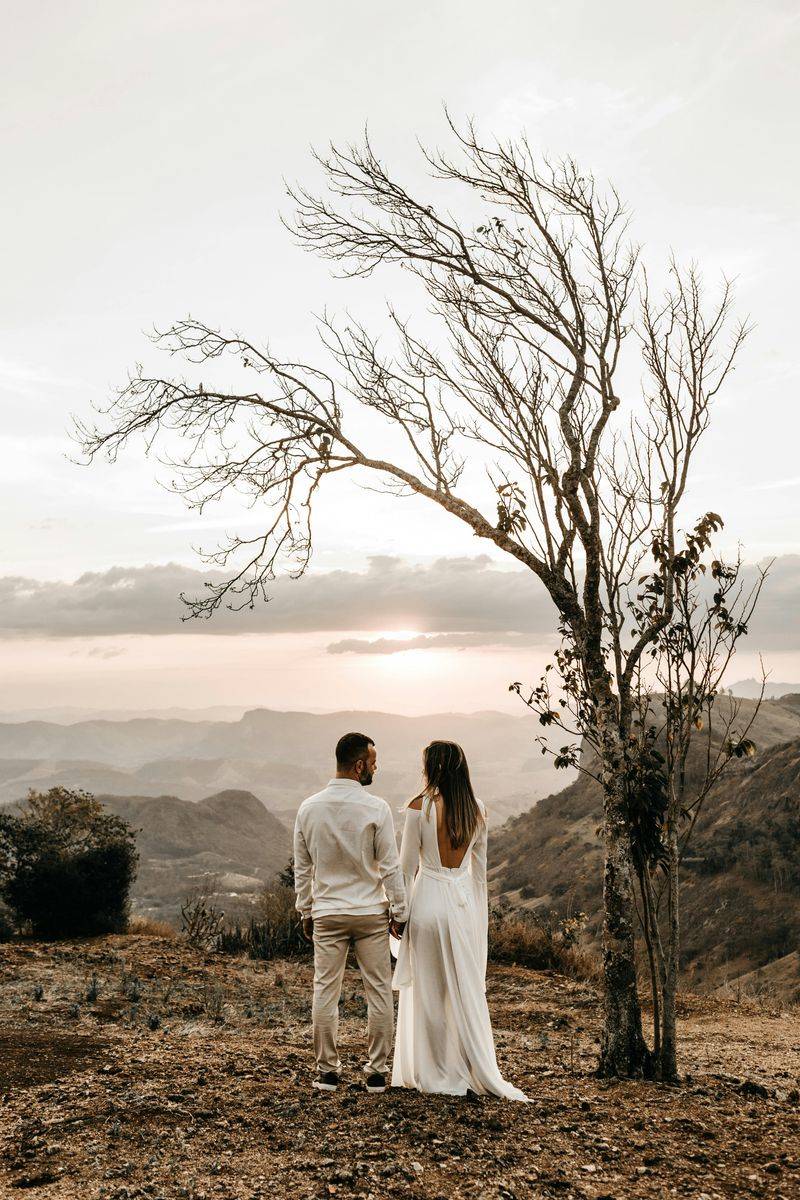
It’s one thing to enjoy someone’s company in the present—but seeing a future together adds an entirely different layer of commitment.
Asking your partner how they imagine their life down the road will tell you where (or if) you fit into their long-term plans. Do they imagine a home, kids, travel, or retirement with you? Or are they vague or hesitant?
It’s not about planning your lives out to the minute, but rather about seeing whether you both want to grow in the same direction. True love plans ahead—even when the road is uncertain.
3. What’s something you’ve never told anyone—but feel safe sharing with me?

When someone feels safe enough to share a secret, fear, or regret, it’s a strong signal of emotional trust. That kind of vulnerability doesn’t come easily—it’s earned over time and built on consistency and compassion.
This question isn’t about digging for drama. It’s about discovering whether your relationship has created a space where real, raw honesty can thrive. Can your partner be fully themselves around you?
If you want to know whether it’s true love, pay attention to whether your presence feels like safety—not performance. That’s when walls come down and intimacy flourishes.
4. How do you handle conflict, and how do you think we handle it together?

Every couple argues. The difference between a healthy relationship and a fragile one is how conflict is handled. Does one of you shut down while the other explodes? Or are you able to work through problems with mutual respect?
Asking this question gives you both a chance to reflect on your dynamic under pressure. Love isn’t about avoiding conflict—it’s about navigating it with empathy, not ego.
Long-term happiness depends on how you repair after a rupture. If your fights leave you feeling closer instead of more distant, you’re probably doing something very right.
5. What do you need from me to feel truly loved and understood?
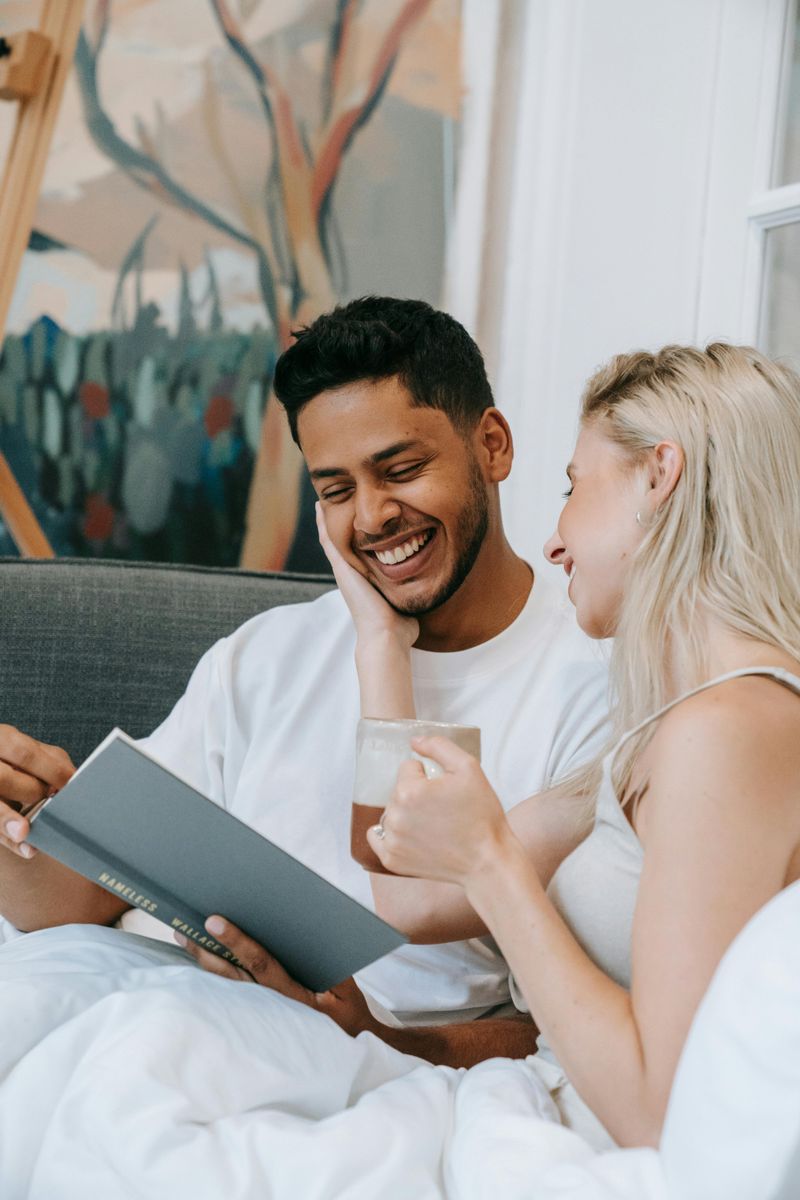
It’s easy to assume your partner knows what you need—or that you already know what they do. But love languages vary, and miscommunication can creep in when those needs go unspoken.
Asking this question encourages openness around emotional support, physical affection, communication, and even boundaries. You may find your partner values words of affirmation, while you value quality time.
When you take time to understand how your partner experiences love, you can give it to them more effectively. That’s the kind of attention that separates real love from surface-level attraction.
6. Have you ever felt afraid of losing me? Why or why not?
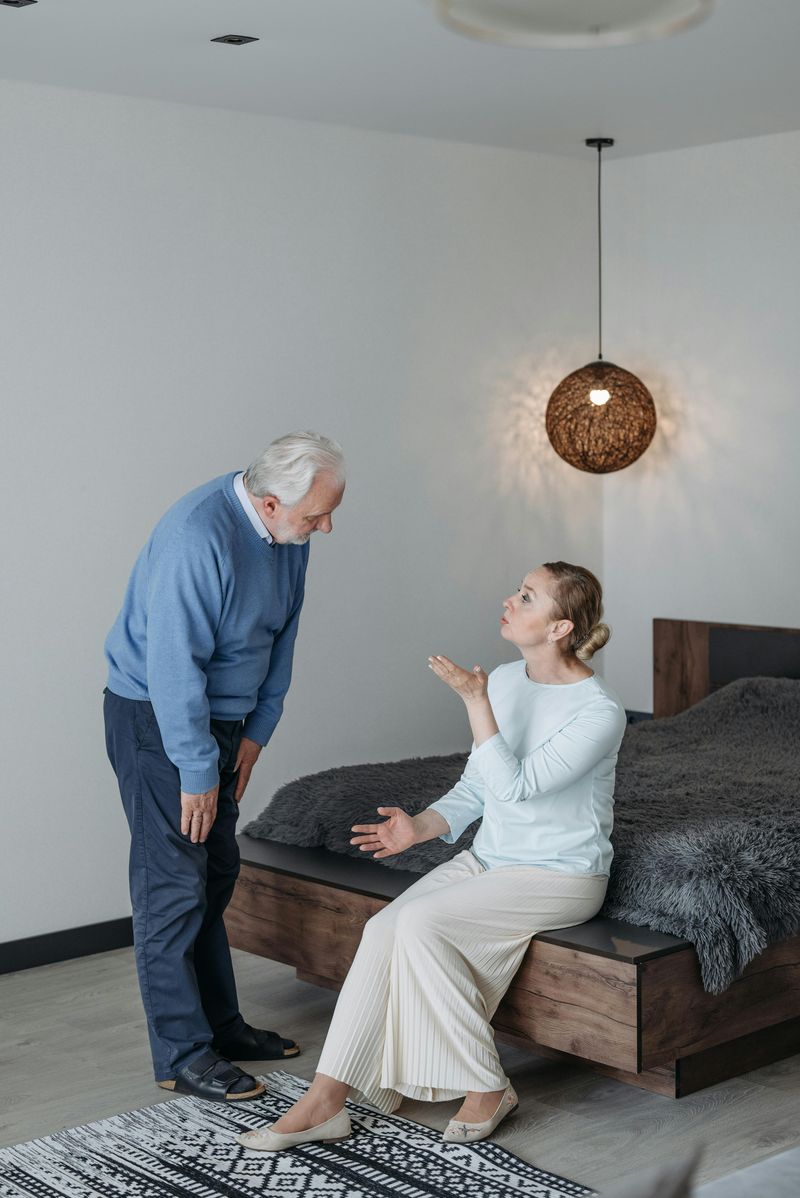
Fear of loss may sound negative, but in the context of love, it can signal just how much someone values the relationship. If the thought of losing you has ever caused your partner to pause, reflect, or feel deeply, that’s a sign of meaningful emotional investment.
This question also reveals how secure your partner feels in the relationship. If they’ve never feared losing you, it might indicate emotional distance—or simply deep confidence in your bond.
Either way, their answer can spark a powerful conversation about value, commitment, and how much your presence truly matters to them.
7. What’s the hardest thing you’ve ever been through, and how did it change you?
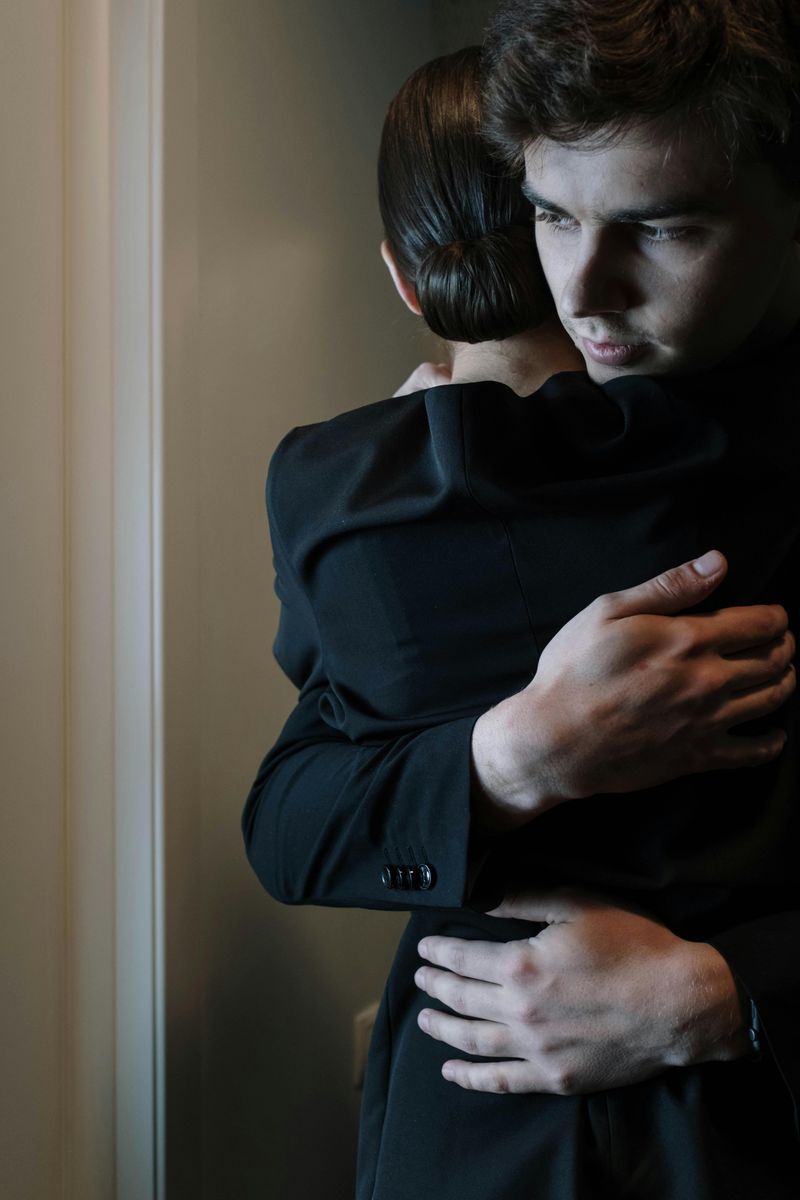
You learn a lot about a person by understanding their pain. The challenges they’ve faced shape how they love, how they cope, and what they fear.
By asking this, you’re not just showing interest—you’re showing care. It also helps you better understand your partner’s triggers, strengths, and emotional resilience. Those things play a huge role in how someone shows up in a relationship.
Love deepens when it includes compassion for someone’s past. If you can embrace not only who they are, but who they’ve had to become, that’s a special kind of connection.
8. How do you define loyalty in a relationship?
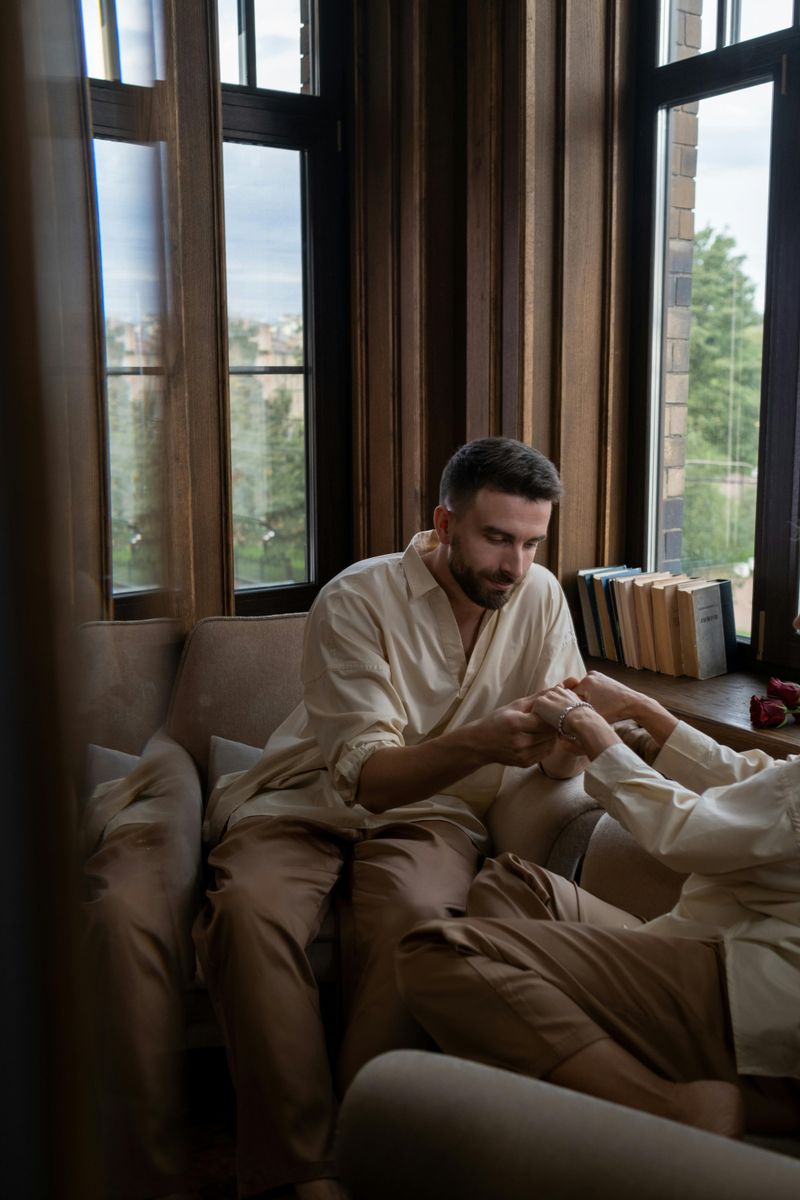
Loyalty means more than just not cheating. For some people, it’s about emotional exclusivity. For others, it’s about unwavering support, honesty, or even defending each other in social situations.
This question uncovers the personal boundaries and deal-breakers that might not have come up yet. It’s an opportunity to get clear on what loyalty looks like to both of you—and whether your definitions match.
Knowing how your partner defines and expects loyalty ensures fewer misunderstandings down the road. That clarity can be the glue that holds you together during tough times.
9. What’s something you’ve learned from me that changed your perspective?

When love is healthy, it transforms us. A partner who helps you grow—emotionally, mentally, or spiritually—is one who’s adding real value to your life.
This question asks whether your presence has left a lasting impact on your partner’s worldview. Have you challenged their biases? Taught them patience? Inspired them to believe in themselves?
If you’ve helped each other evolve in meaningful ways, it’s a strong indicator that your love is more than skin-deep. It’s not just about loving someone—it’s about becoming better because of them.
10. If everything fell apart—money, health, careers—what would keep us together?
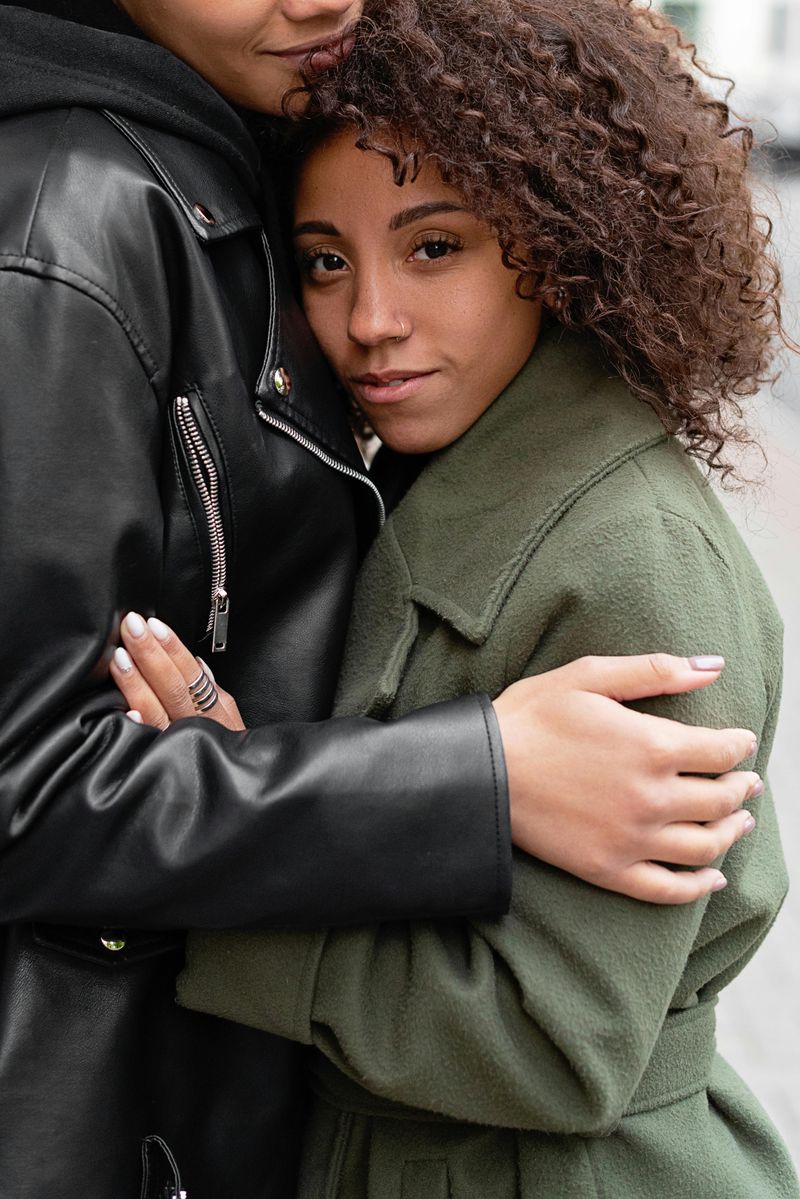
The strongest relationships aren’t built on comfort—they’re tested by adversity. Imagining a scenario where external circumstances crumble can reveal the internal strength of your connection.
This isn’t about being pessimistic. It’s about asking: If love was all we had left, would that be enough? Would we still choose each other when life gets hard?
If your partner believes your emotional bond is strong enough to outlast external chaos, that’s a powerful sign of true love. Because in the end, what holds two people together shouldn’t just be what they have—but who they are to each other.

Comments
Loading…